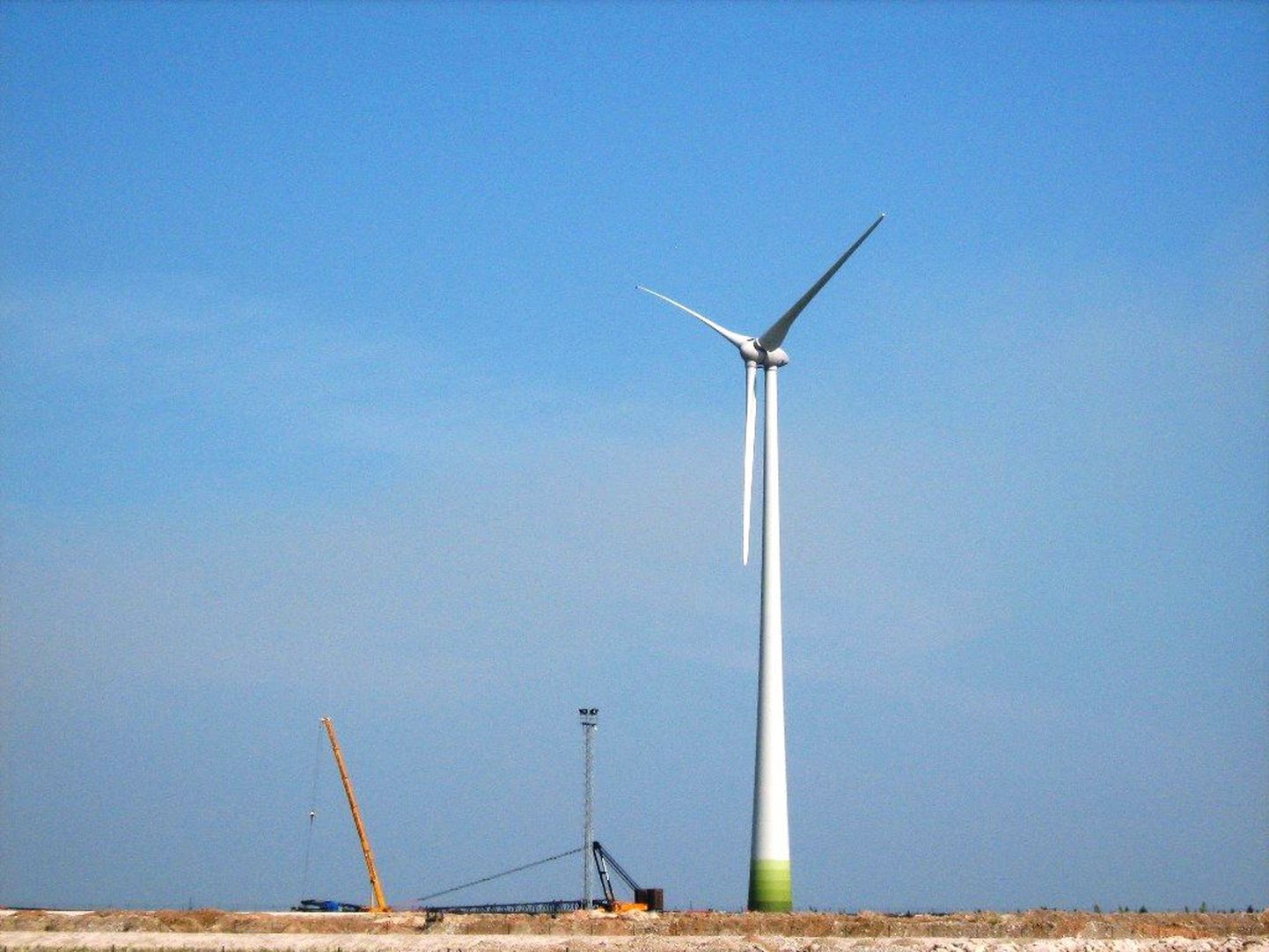
According to Statistics Estonia, in 2012 the production of electricity totalled nearly 12 TWh, which is 7% less than in 2011. The electricity production from renewable sources has increased by about a fourth.

According to Statistics Estonia, in 2012 the production of electricity totalled nearly 12 TWh, which is 7% less than in 2011. The electricity production from renewable sources has increased by about a fourth.
Compared to 2011, the decline in the total production of electricity was influenced mainly by more favourable electricity import opportunities from Nordic states and by the decrease in exports. In 2012, imports from Finland accounted for 60% of total imports – over three times more electricity was imported from Finland compared to 2011. Although Estonia continues to be a large-scale exporter of electricity, the total exports of electricity decreased 6% compared to 2011.
Electricity generated from the wood fuel mostly affected the growth of renewable electricity which increased nearly a third compared to 2011 and accounted for 68% of the total renewable electricity. In 2012, the production of wind electricity increased by about a fifth compared to the previous year.
If the consumption of oil shale by power plants decreased 8%, then the using in oil plants increased due to the growth of shale oil production, whereas the volume of oil shale production did not change compared to 2011. In 2012 compared to the previous year, the production of shale oil increased by 7% and nearly 80% of the production was exported. More than a third of this amount is exported to the Netherlands and over a fifth to Belgium.
According to Eurostat data the share of renewable energy in final energy consumption varies a great deal in different European Union (EU) countries. In 2011, the highest share of renewable energy was in Sweden (46.8%). The smallest shares were recorded in Malta (0.4%) and Luxembourg (2.9%). In Estonia the share of renewable energy was 25.9% in 2011 and exceeded its target set for 2020 (25%) as a first country among the EU Member States.
The data for electricity production are collected by Statistics Estonia from all enterprises producing electricity – from those who transmit the production to the network and also from those who use electricity for own use. In 2012, the sample included 60 enterprises.
Share of renewable energy in gross final energy consumption in the European Union countries, 2011
